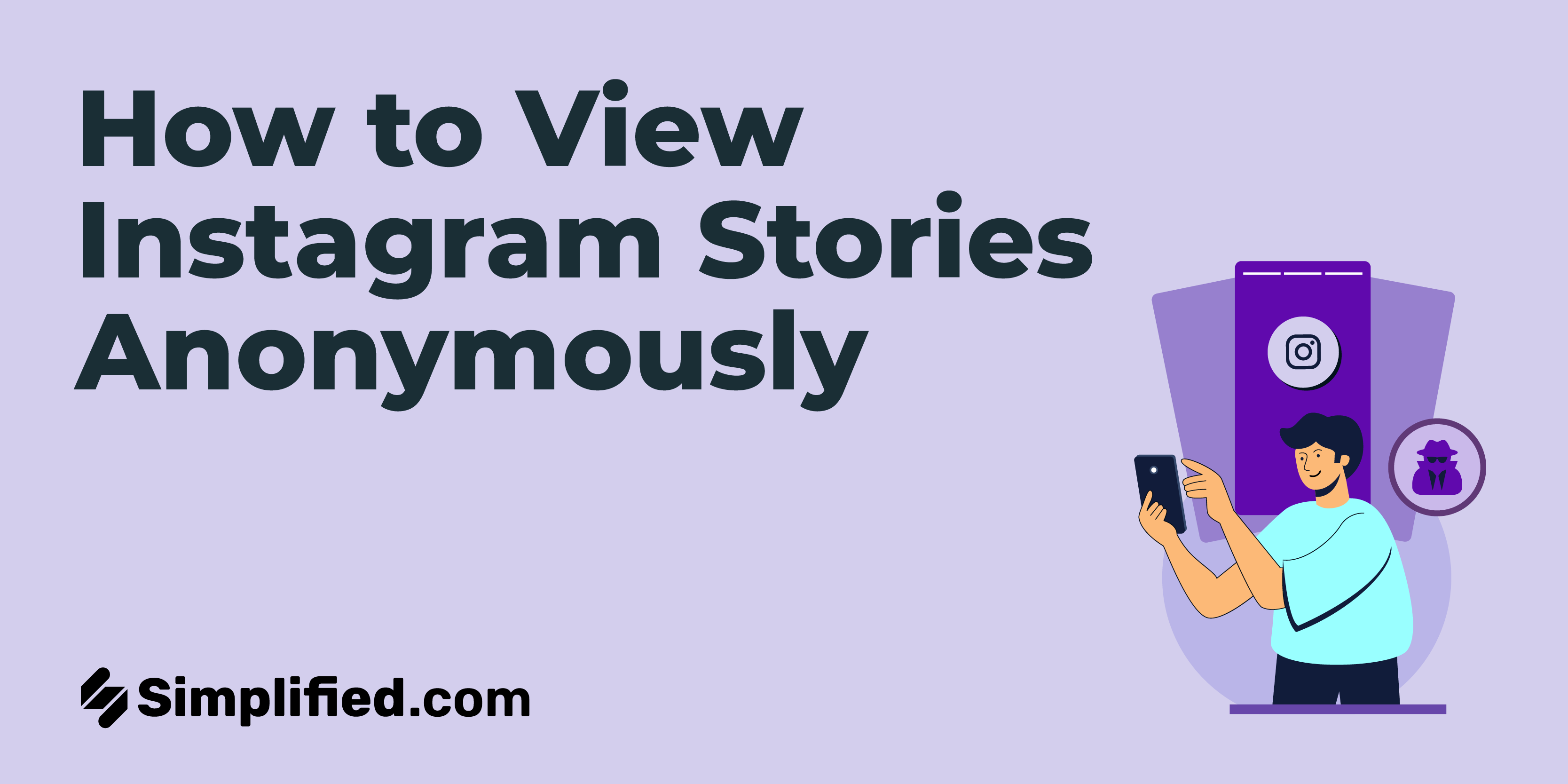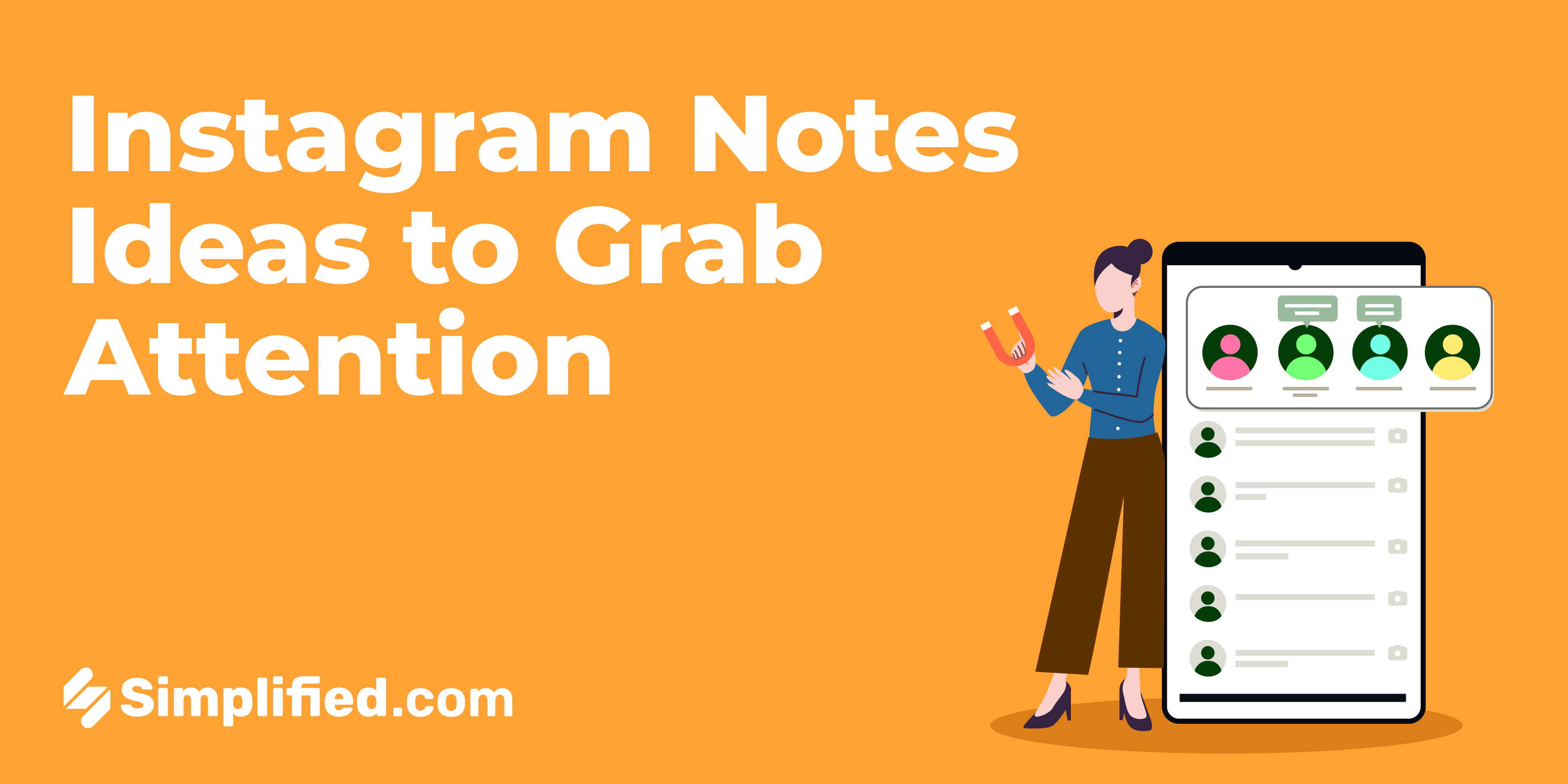What do you mean by Marketing Automation?
Marketing automation involves the use of specialized software to automate marketing tasks. Modern marketing departments rely on automation to streamline repetitive actions like sending emails, texting customers, and publishing social media content.
Automation technology simplifies repetitive tasks, allowing companies to focus on more important responsibilities. A significant number of CMOs in top-performing companies, around 77%, utilize marketing automation to drive revenue growth.
Reasons for using marketing automation
Marketing automation tools enable companies to reach a broader range of customers through automated messages across various channels. Many organizations adopt marketing automation strategies to save time, improve workflows, and enhance the customer experience.
Marketing automation tools also facilitate lead scoring, generation, nurturing, and measuring campaign ROI. The benefits of these automated tools include:
- Improved customer experience: Setting up alerts and automating elements of customer care reduces wait times for support.
- Expanded reach and scalability of campaigns: Companies can run campaigns simultaneously on multiple social media channels without requiring additional manpower.
- Enhanced ROI on staff costs: Employees can dedicate more time to critical business tasks instead of repetitive work.
- Maintained brand consistency: Automated tools ensure consistency in brand assets, email send times, and content scheduling even during busy workloads.
- Better campaign measurement: Marketing automation tools often include built-in methods to test the effectiveness of strategies.
Functions of marketing automation
Marketing automation solutions provide companies with a set of tools that streamline the repetitive and time-consuming responsibilities of the marketing team. These tools encompass creating digital campaigns, automating lead qualification, and simplifying various aspects of an increasingly complex marketing landscape.
Marketing automation enables companies to develop digital marketing strategies without manually handling every message, email, or post they publish. It helps businesses support and serve their target audience more effectively without straining the marketing budget.
Best practices for marketing automation
While marketing automation offers significant benefits, there are limits to what it can achieve. For instance, meaningful conversations with the community cannot be solely conducted through automated messages. To ensure a successful marketing automation plan, consider the following practices:
- Produce quality content: Ensure that the content delivered through automated campaigns is high-quality, relevant to the target audience, and timely.
- Don't automate everything: Avoid attempting to automate every interaction with the target audience to maintain a human touch in your brand communications.
- Measure performance continuously: Carefully track the performance of automated campaigns and be prepared to make adjustments if engagement levels drop.
.webp)













